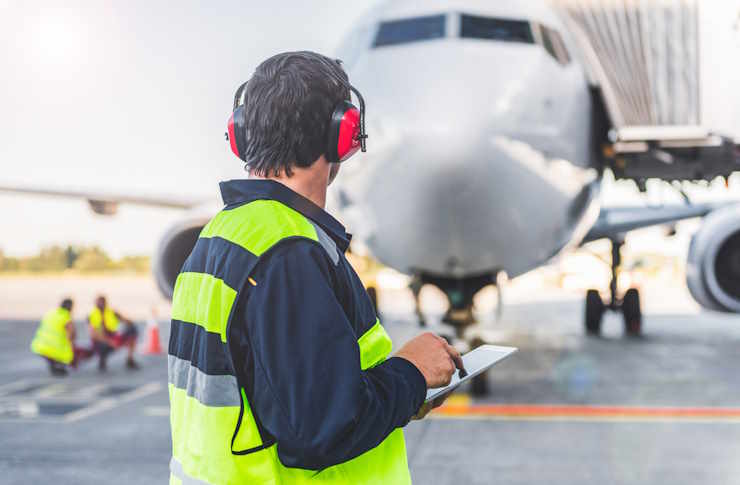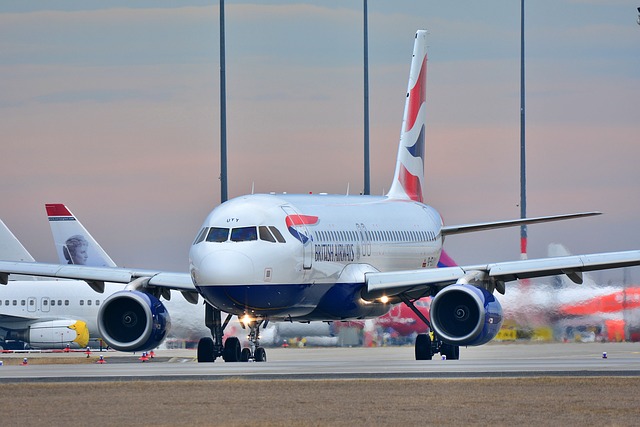Aviation training options for future airport employees in Portugal
Individuals interested in a career at an airport in Portugal can explore various training programs tailored for aspiring employees. These programs are designed to equip candidates with essential skills and knowledge without the necessity of prior experience. This presents an excellent opportunity to embark on a fulfilling career in the aviation sector.

What Training Programs Are Available for Aspiring Airport Employees in Portugal?
Portugal offers diverse aviation training programs through multiple institutions and organizations. The Instituto Nacional de Aviação Civil (INAC) oversees many certification programs, while technical schools and universities provide comprehensive courses.
Ground handling training covers baggage handling, aircraft marshalling, and cargo operations. These programs typically include safety protocols, equipment operation, and customer service components. Aviation maintenance courses prepare technicians for aircraft inspection, repair, and routine maintenance tasks.
Air traffic control training represents one of the most specialized pathways, involving intensive theoretical study and practical simulation exercises. Security screening programs focus on passenger and baggage inspection procedures, threat detection, and emergency response protocols.
Several private training centers complement public institutions, offering specialized courses in areas like dangerous goods handling, aircraft refueling, and ramp operations. These programs often maintain partnerships with major airlines and ground service providers operating in Portuguese airports.
What Qualifications Are Needed to Start Aviation Training in Portugal?
Entry requirements vary significantly depending on the specific aviation career path. Most programs require completion of secondary education (12th grade) as a minimum educational standard. Mathematics and physics knowledge proves particularly valuable for technical roles.
Language proficiency requirements include Portuguese fluency for most positions, while international airports often require English communication skills. The International Civil Aviation Organization (ICAO) English standards apply to certain roles, particularly those involving direct aircraft communication.
Medical certificates become necessary for specific positions, especially those involving safety-critical responsibilities. Vision and hearing standards must meet aviation industry requirements, though these vary by role type.
Age restrictions typically range from 18 to 21 years minimum, depending on the program and eventual job responsibilities. Some specialized roles, such as air traffic control, may have upper age limits for initial training entry.
How Long Do Aviation Training Programs Typically Last in Portugal?
Training duration varies considerably based on program complexity and specialization level. Basic ground handling certifications may require only several weeks of intensive training, combining classroom instruction with practical exercises.
Aviation maintenance programs represent longer commitments, often spanning 18 to 24 months for comprehensive certification. These courses include extensive hands-on experience with aircraft systems, engines, and avionics equipment.
Air traffic control training ranks among the most time-intensive programs, typically requiring 12 to 18 months of initial training. This includes theoretical study, simulator practice, and on-the-job training under supervision at operational facilities.
Security screening certifications usually take between 2 to 6 weeks, depending on the level of responsibility and airport security requirements. Ongoing recertification and continuous training requirements apply to maintain valid credentials.
Specialized courses like dangerous goods handling or aircraft refueling may require only days or weeks to complete, but often mandate regular renewal training to maintain certification validity.
| Training Program | Duration | Key Requirements | Estimated Cost Range |
|---|---|---|---|
| Ground Handling Certification | 2-6 weeks | Secondary education, physical fitness | €500-€1,500 |
| Aviation Maintenance Course | 18-24 months | Technical aptitude, English proficiency | €8,000-€15,000 |
| Air Traffic Control Training | 12-18 months | University entrance level, medical certificate | €10,000-€20,000 |
| Security Screening Certification | 2-6 weeks | Background check, physical requirements | €300-€800 |
| Dangerous Goods Handling | 3-5 days | Basic aviation knowledge | €200-€500 |
Prices, rates, or cost estimates mentioned in this article are based on the latest available information but may change over time. Independent research is advised before making financial decisions.
Training costs reflect program duration and complexity, with shorter certification courses remaining more affordable than comprehensive technical programs. Many employers provide sponsored training opportunities, particularly for entry-level positions where staff shortages exist.
Financial support options include government vocational training grants, European Union funding programs, and employer-sponsored education initiatives. Some training centers offer payment plans or installment options to make programs more accessible to candidates.
Portugal’s strategic location and growing tourism industry continue driving demand for qualified airport personnel. The country’s major airports in Lisbon, Porto, and Faro regularly seek trained professionals across various specializations, creating stable employment prospects for program graduates.
Success in aviation training requires dedication, attention to detail, and commitment to ongoing professional development. The industry’s emphasis on safety and regulatory compliance means continuous learning remains essential throughout aviation careers, making initial training just the first step in a lifelong educational journey.




